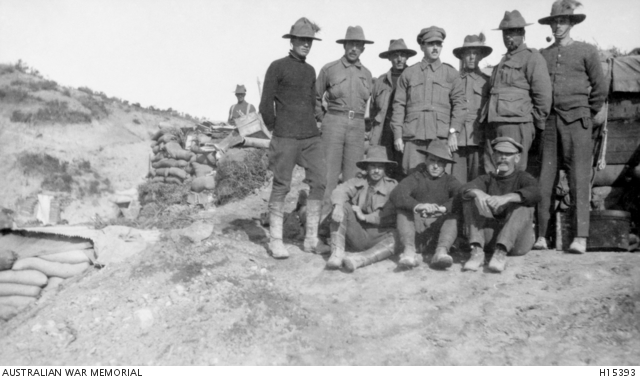Remembering those who served on Gallipoli

On 20 December 1915, the last Australian troops withdrew from the Gallipoli Peninsula ending the 8 month campaign.
Following the August offensives that included, for the Australians, the battles at Lone Pine and the Nek, no further attacks designed to gain ground were undertaken. Public criticism of the Dardanelles campaign was mounting back in Britain and winter was approaching.
By November the situation was dire, men were freezing at their posts, and more than 16,000 had been evacuated from the Peninsula with frostbite and exposure. It was conceded that the objectives of the campaign could not be met, and the decision was taken to evacuate.
Planning moved swiftly, and the evacuation of Anzac began on 15 December, with the last Australian Imperial Force troops leaving the Peninsula in the early hours of 20 December 1915.
Some 8,700 Australians lost their lives in the Gallipoli campaign. While reactions to the evacuation varied, many of the men leaving expressed sorrow at the thought of leaving those who had died behind. Australian war correspondent (and later founder of the Australian War Memorial) Charles Bean noticed many of the men tending the graves of their mates:
‘For days after the breaking of the news there were never absent from the cemeteries men by themselves, or in twos and threes, erecting new crosses or tenderly 'tidying-up' the grave of a friend. This was by far the deepest regret of the troops. 'I hope,' said one of them to [General] Birdwood on the final day [19 December], pointing to a little cemetery, 'I hope they won't hear us marching down the deres [valleys]'.
[Charles Bean, The Story of Anzac, Vol II, Sydney, 1924, p.882]
Lest We Forget.
For those planning to attend the Anzac Day (25 April) Dawn Service at Gallipoli, Türkiye, attendance passes are now available and can be booked online: https://commemorations.teg.com.au/
(Image: Members of the 1st Light Horse Brigade Train, Australian Imperial Force. These men were the last of their unit to leave Gallipoli at the evacuation.)
